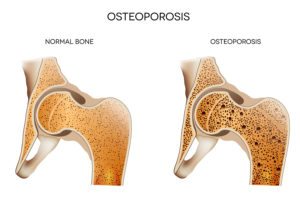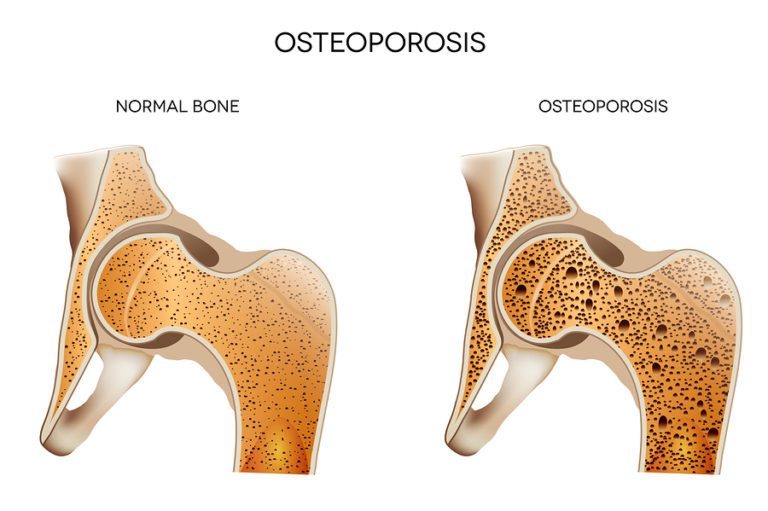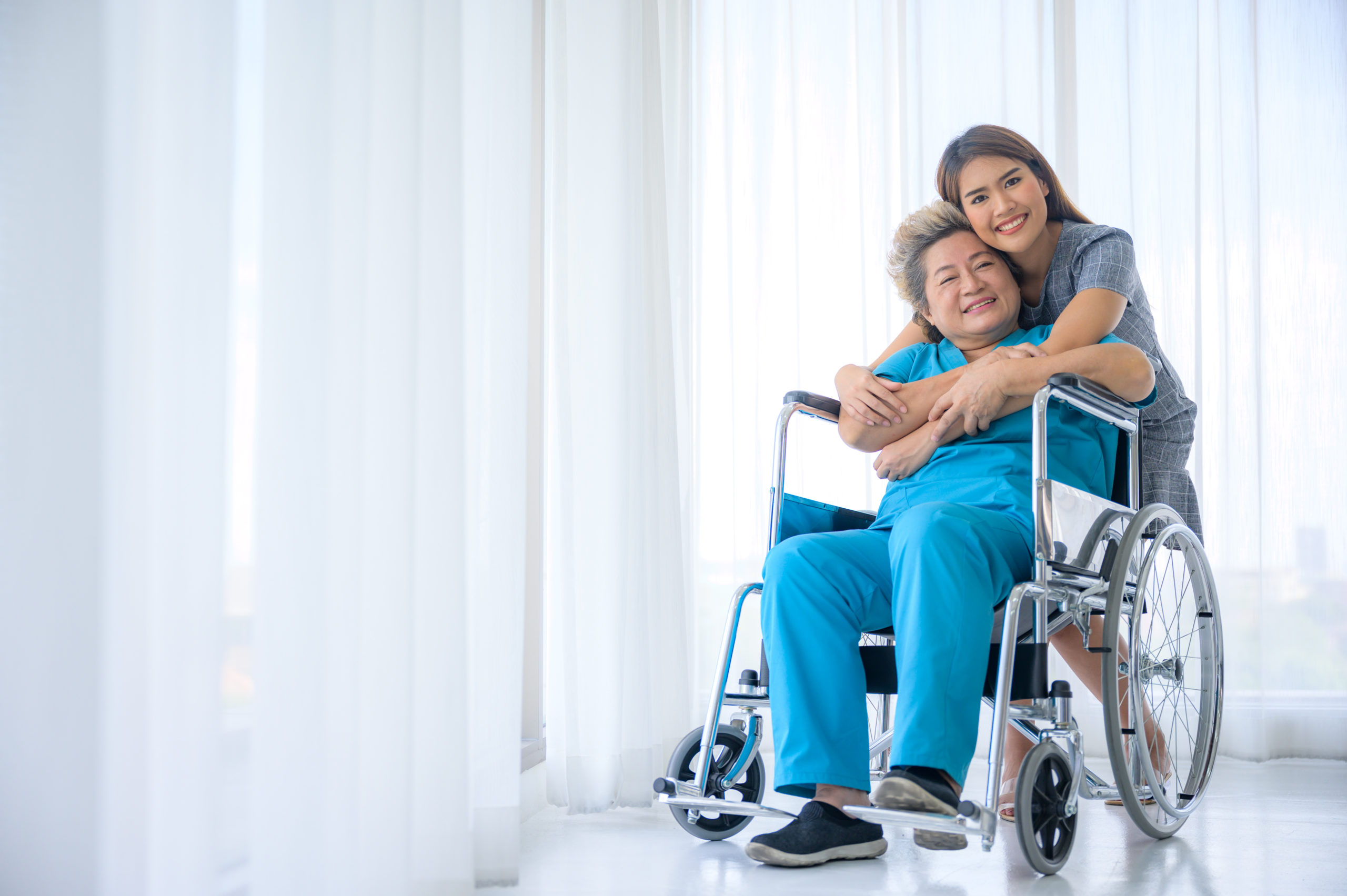Getting a diagnosis for osteoporosis may involve your loved one’s doctor performing a variety of different tests. These separate tests can help to confirm what your loved one’s doctor sees in one specific test or can help to confirm risk factors that make your loved one more susceptible to developing osteoporosis.

Family and Medical History
Your loved one’s family history and personal health history can tell her doctor a lot about whether she’s susceptible to osteoporosis or not. Your loved one might have family members on one side of the family who have had osteoporosis, which can make a big difference for her own health. Also, since some medical conditions, such as arthritis or diabetes, can contribute to osteoporosis, it’s important to be aware of those.
A Physical Exam and Lab Tests
During the physical exam, your loved one’s doctor will conduct some really simple tests, such as looking at her height and comparing that to her previous height. Laboratory testing can be a huge help, too. Measuring the amount of calcium in your loved one’s blood, her vitamin D levels, and thyroid function testing are just a few of the tests your loved one’s doctor might order.
Bone Density Tests and Bone Scans
Bone density tests and bone scans are usually non-invasive tests that look at how strong your loved one’s bones are. They can also help to predict whether your loved one might be more likely to break a bone in the future. Once diagnosed with osteoporosis, your loved one’s doctor may order periodic bone scans later to see how her bones are responding to treatments.
X-rays
Your loved one’s doctor may also want x-rays of your loved one’s bones to examine them. With an x-ray, your loved one’s doctor can see prior bone injuries and breaks that your loved one may not even have been aware of at the time. These give her doctor a better picture of what is going on with her bones.
The diagnostic process for osteoporosis sounds more complicated than it is. Once you have a diagnosis, you might want to consider hiring home care providers to help your loved one acclimate to her new health condition.











